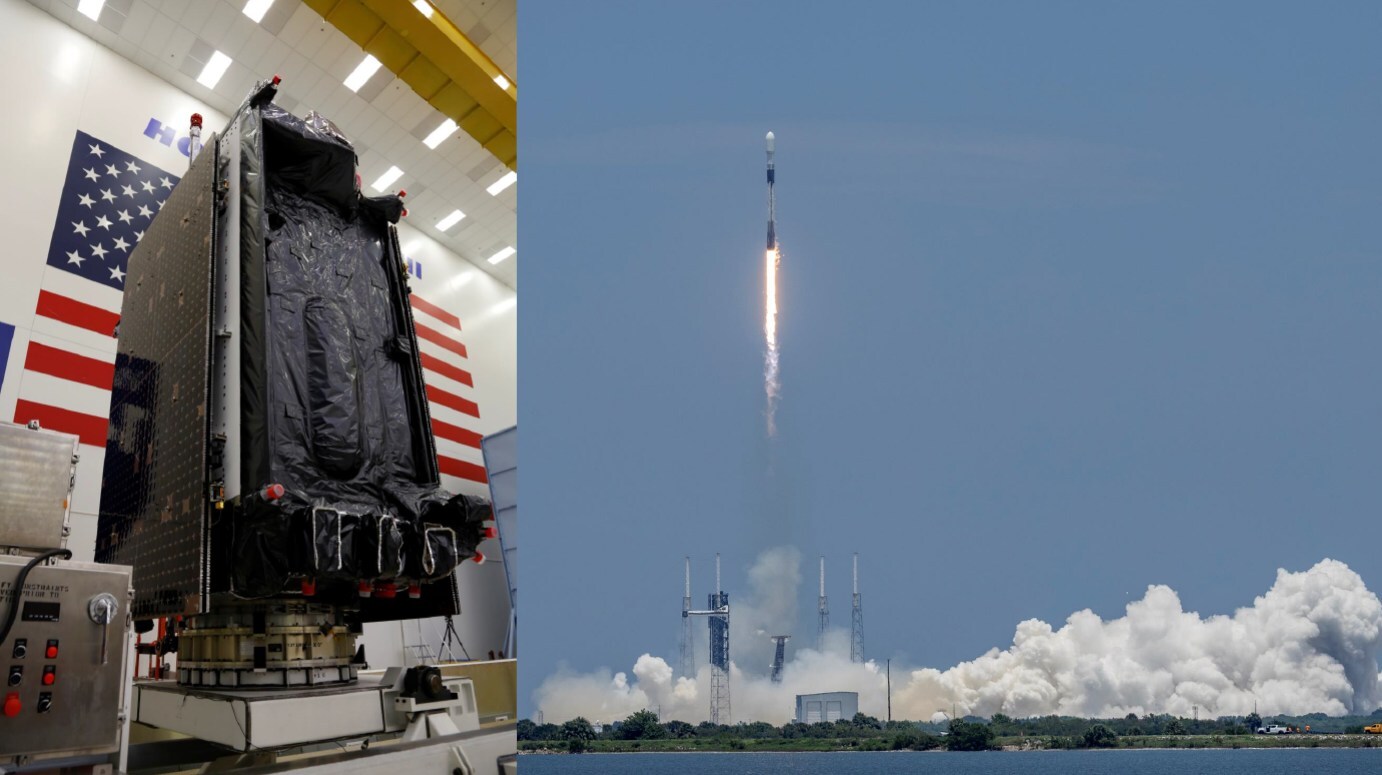
The eighth GPS III space vehicle — designed and built by Lockheed Martin (NYSE: LMT) — successfully launched from Cape Canaveral Space Force Station, Fla., on May 30. It achieved signal acquisition shortly thereafter.
Similar to its predecessor launched in December 2024, GPS III SV08 executed an accelerated launch call-up, shipping from its cleanroom in Littleton and undergoing launch preparations in Florida in just over three months, compared to the typical timeframe of several months.
“Our team is thrilled to support another launch of a critical GPS satellite, just five months since the last liftoff,” said Malik Musawwir, vice president of Navigation Systems for Lockheed Martin Space. “This demonstrates Lockheed Martin’s ability to rapidly launch and deploy national security space assets, and we look forward to putting the next two GPS III satellites on orbit to further enhance this critical constellation.”
These GPS III satellites will provide accurate and resilient positioning, navigation and timing (PNT) capabilities to both civilian and military users, enabling applications such as aviation, maritime, land transportation and search and rescue operations. For military users, the advanced security features and anti-jamming capabilities of GPS III—and the follow-on GPS IIIF satellites—are crucial for ensuring uninterrupted access to precise navigation and timing data, even in contested environments, thereby supporting national security and defense operations.
SV08 is now under operational control at Lockheed Martin’s Denver Launch & Checkout Operations Center until its official acceptance into the current operational GPS network.
In addition to building the spacecraft at its Littleton facility and providing early on-orbit operations, Lockheed Martin plays a major role in the maintenance of the modernized GPS ground segment — known as the Architecture Evolution Plan. This architecture operates the 31 active GPS satellites on orbit, enabling them to provide essential PNT capabilities.
The ground segment, supported by Lockheed Martin, monitors and controls the GPS satellite constellation and provides navigation data to users. Recently, Lockheed Martin further enhanced GPS’ ground segment by incorporating M-Code Early Use into the system, allowing for the secure military communications signal to be utilized by American and allied troops. Once declared operational, GPS III SV08 will be the eighth GPS III satellite in space with boosted M-code, enhancing navigation, precision, and anti-jamming for military operations.
Lockheed Martin was also recently awarded a contract modification for two additional future GPS IIIF satellites to further enhance the constellation.


